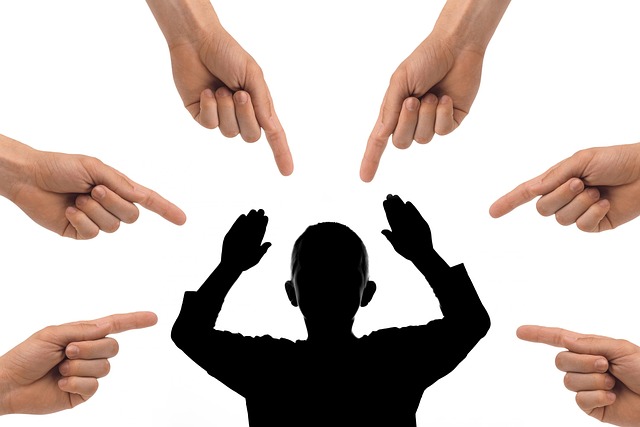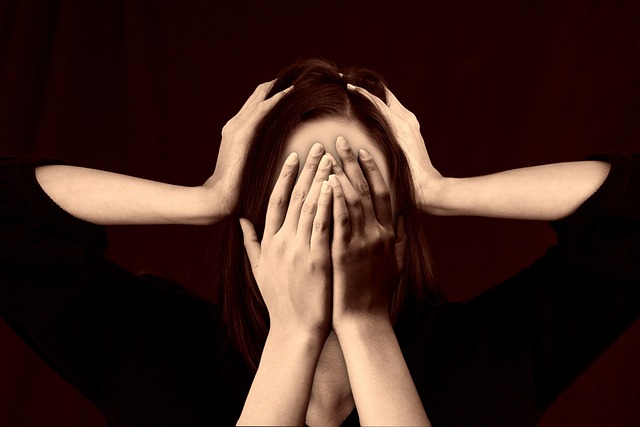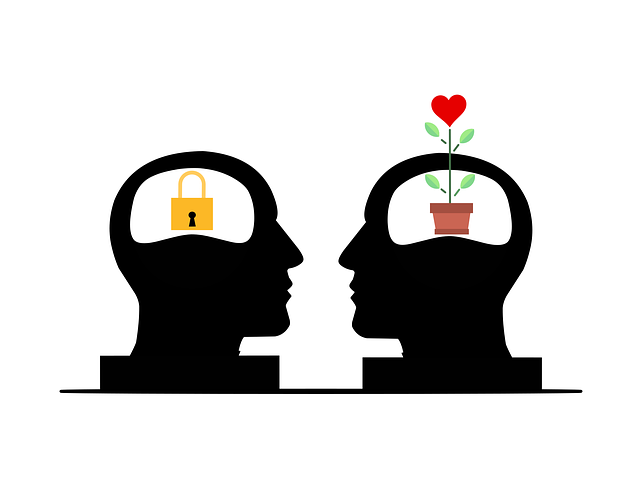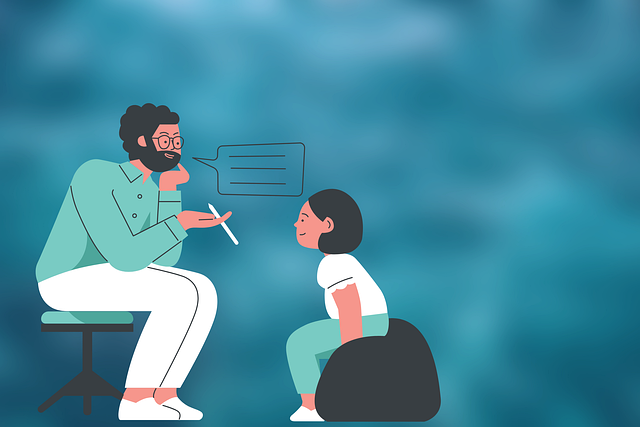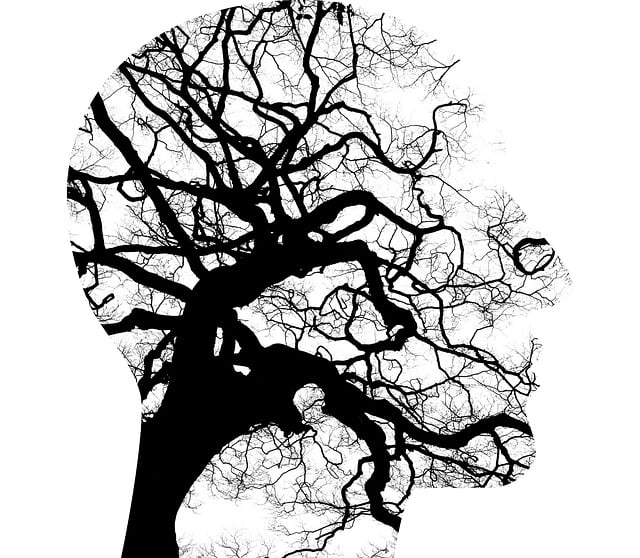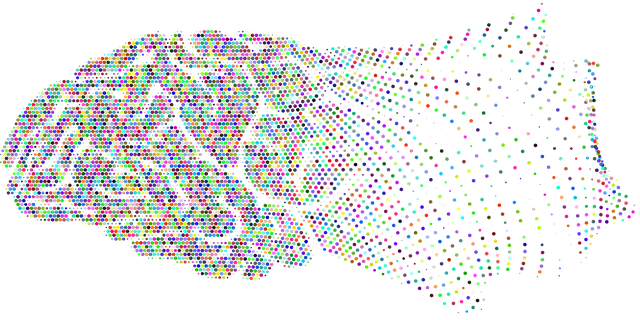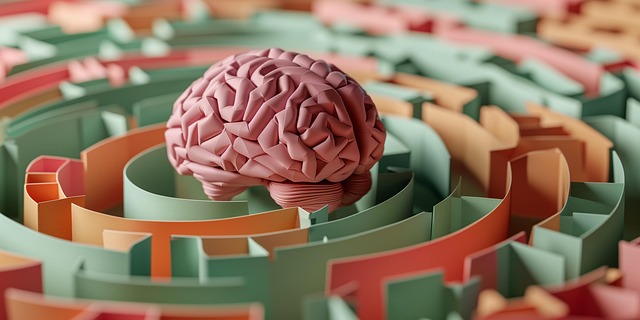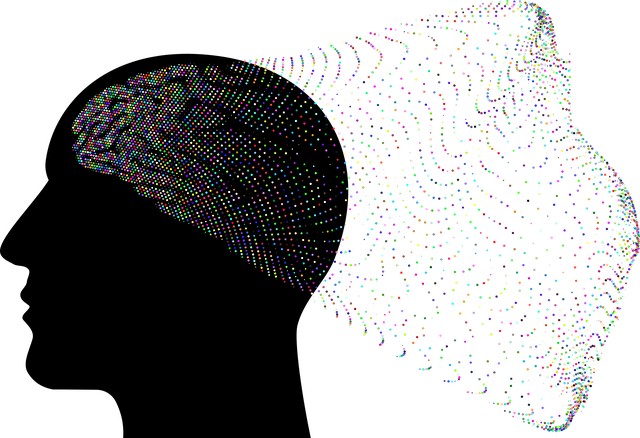In today's diverse society, mental healthcare professionals must adapt their approaches for Therapy for Independent Medical Evaluations due to cultural differences. They are encouraged to foster Emotional Intelligence (EI) to create safe, culturally sensitive spaces that facilitate effective anxiety relief and mood management. Understanding cultural norms influencing communication, family dynamics, and expressions of distress is crucial for accurate assessments and tailored interventions leading to optimal emotional well-being. This sensitivity involves adapting therapeutic methods to align with clients' beliefs and values, ensuring positive experiences. Overcoming challenges like language barriers and differing expectations requires cultural competency training and resilience building through mental wellness coaching programs.
In an increasingly globalized world, cultural sensitivity in mental healthcare is paramount. Understanding cultural diversity shapes effective therapy, as beliefs and practices vary widely across landscapes. This article delves into exploring these differences, their impact on treatment-seeking behaviors, and the challenges faced by professionals. We discuss strategies for cultural competency, emphasizing the role of interpreters in independent medical evaluations to ensure accurate diagnoses and inclusive environments that foster client engagement.
- Understanding Cultural Diversity in Mental Healthcare
- – Exploring the global landscape of mental health beliefs and practices
- – Impact of cultural differences on therapy seeking and treatment responses
- Challenges in Cross-Cultural Therapy Sessions
Understanding Cultural Diversity in Mental Healthcare

In today’s diverse society, mental healthcare professionals must be equipped to understand and navigate cultural differences when providing therapy for independent medical evaluations. Cultural diversity enriches communities but can also present challenges in healthcare settings if not adequately addressed. Recognizing this, practitioners are encouraged to foster emotional intelligence—a key component in delivering culturally sensitive care. By incorporating techniques that enhance emotional intelligence, therapists can create safe spaces where clients feel understood and supported, thereby facilitating effective anxiety relief and mood management.
This sensitivity involves adapting therapeutic approaches to align with clients’ cultural beliefs and values, ensuring their experiences are positive and affirming. For example, when evaluating individuals from different ethnic backgrounds, mental health professionals should be aware of the potential influence of cultural norms on communication styles, family dynamics, and expressions of distress. Understanding these nuances can prevent misinterpretations and promote more accurate assessments, ultimately leading to tailored interventions for optimal emotional well-being.
– Exploring the global landscape of mental health beliefs and practices

In today’s interconnected world, understanding cultural sensitivity in mental healthcare has become paramount. Exploring the global landscape of mental health beliefs and practices reveals a diverse array of perspectives shaped by historical, social, and religious contexts. What works as an effective therapy for one culture might not resonate with another, emphasizing the need for adaptability among practitioners. For instance, Independent Medical Evaluations (IMEs) may be approached differently across regions, reflecting varied standards and norms in stress management and emotional intelligence. Some cultures prioritize holistic healing methods, incorporating traditional practices alongside modern psychological approaches, while others lean more towards evidence-based therapies.
This cultural diversity necessitates a nuanced understanding of Emotional Intelligence (EI), which plays a pivotal role in navigating these differences. Effective mental healthcare providers must be adept at stress reduction methods tailored to diverse populations, ensuring sensitive interactions and culturally competent care. By recognizing and respecting these variations, professionals can foster stronger connections with clients from different backgrounds, ultimately enhancing the effectiveness of therapy and promoting positive outcomes.
– Impact of cultural differences on therapy seeking and treatment responses

Cultural differences play a profound role in shaping how individuals approach therapy and respond to treatment. In many communities, seeking help for mental health issues may be influenced by deeply rooted societal norms and taboos surrounding psychological problems. For example, some cultures may prefer traditional healing practices or view mental illness through a different lens compared to Western psychiatric perspectives. These variations can significantly impact the type of support sought and the therapeutic outcomes achieved.
When providing mental healthcare services to a diverse population, understanding these cultural nuances is essential for delivering effective treatment. For instance, therapists must consider how cultural factors influence communication styles, the expression of emotions, and interpretations of symptoms. Adopting sensitive communication strategies that respect individual perspectives can foster trust and encourage open dialogue. Additionally, incorporating mind over matter principles tailored to specific cultural contexts may enhance therapeutic outcomes, ensuring that treatment aligns with the patient’s worldview and self-care practices they find meaningful.
Challenges in Cross-Cultural Therapy Sessions

Navigating cross-cultural therapy sessions presents unique challenges for mental healthcare providers. With diverse backgrounds, beliefs, and communication styles, understanding cultural nuances is paramount to effective treatment. Language barriers, for instance, can hinder open dialogue, requiring therapists to employ interpreters or learn basic phrases in the client’s native language.
Moreover, differing expectations regarding privacy, family involvement, and the expression of emotions can create potential conflicts. Some cultures may prioritize collective decision-making, while others value individual autonomy. Building resilience through mental wellness coaching programs and healthcare provider cultural competency training is essential to overcome these obstacles. Such initiatives foster an environment where clients feel heard, respected, and supported, enhancing the overall effectiveness of independent medical evaluations.
Mental healthcare professionals must embrace cultural sensitivity to provide effective and equitable care. By understanding the diverse global landscape of mental health beliefs and practices, practitioners can better navigate cross-cultural therapy sessions. Recognizing the impact of cultural differences on therapy-seeking behaviors and treatment responses is crucial for independent medical evaluations. Through increased training and awareness, therapists can foster inclusive environments that honor individual cultural backgrounds, ultimately enhancing therapeutic outcomes.
